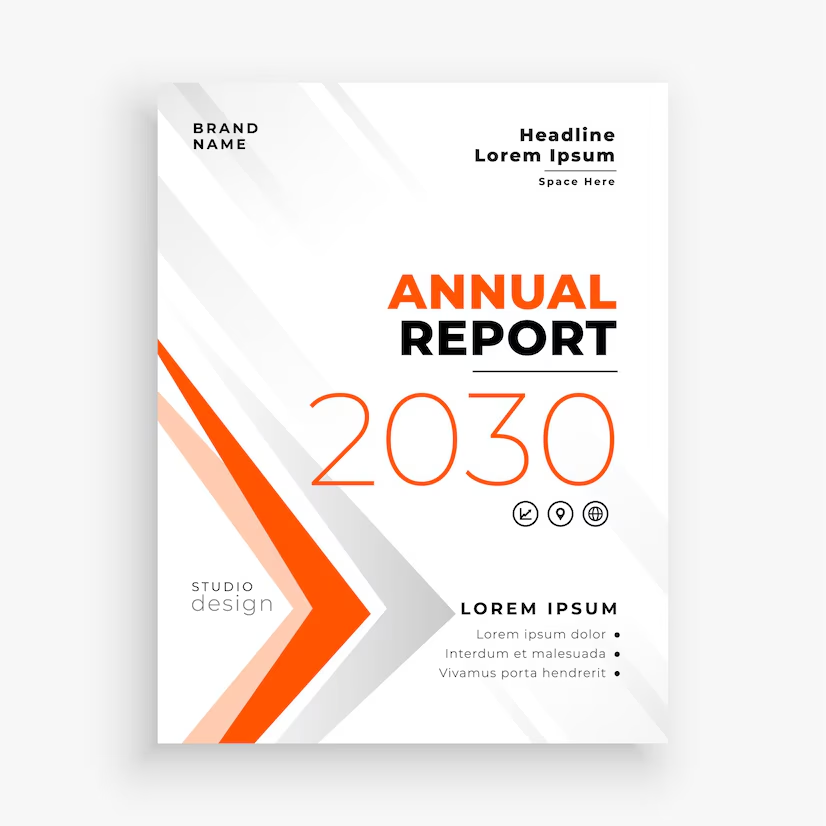No matter what business you’re in, having the right employees on board in the right seats can mean the difference between being an average company and a great company. We’ve found this to be especially true in a service-delivery business like Rackspace, and finding the right Rackers (Rackspace employees) has been one of our biggest challenges since the early years of the company.
For the first year of the company, I can think of numerous occasions when we had thought we found the perfect candidate for a role. He’d be extremely technically proficient in his area (whether it was Linux system administration, tax accounting, or software development planning) however the person just didn’t seem to work out as a Racker.
While the candidate could be a rock star in a lot of companies, he just didn’t seem to fit in our unique environment. It turned out that the entire process was focused purely on making sure that the prospect had the technical skills necessary for the job in question. While that was important, it really only told part of the story.
Without understanding how a candidate collaborates with his peers and subordinates as well as what a candidate is naturally passionate about, it is really impossible to tell if a candidate will fit in your company. And in our case specifically, it was critical for the candidate to be able and WILLING to talk to customers and have a genuine concern about solving their problems…whether it was an external customer or an internal customer.
In fact, the candidate really needed to have a value system that was very consistent with the value system of the company. So while our interview process was more than adequate for testing technical knowledge, it was sorely lacking in its ability to uncover the candidate’s value set so we could see if it was consistent with our value set and our culture.
Once we realised this, of course we set out to change the way we selected Rackers to ensure we learned during the interview process what values really drove a candidate. It turns out, however, that there aren’t 10 simple questions you can ask to discover if someone naturally shares your value system. Think about the dating process. You don’t decide to get married after the first date (at least not usually).
You don’t decide after the second date either. In fact it sometimes takes months or years of dating before you decide to get married. The whole dating process is about really getting to know someone. To learn about that person and discover if that person is compatible with you, your family, your friends, and your value system.
Interviewing a candidate has many of the same characteristics. The only problem is that you don’t get to have a long courting process…in fact, taking more than two weeks is often too long to successfully win a candidate.
What we learned was that the difficult part of building a values-driven recruiting process is not just about asking the right questions, but also about the compressed time frame that you must discover this important information.
In any company, especially one that is growing fast, it never seems that there is enough time to spend interviewing and recruiting. So even once you figure out the right questions to ask, how do you get that information quickly so you can make a fast, informed, data-driven decision?
Recruiting is a science. It’s taken us years to build the recruiting machine we have now. We’ve made a number of mistakes along the way and discovered there is simply no shortcut in the selection process.
There are, however, a number of tools and techniques that can help you build a structured process that can not only be learned, however can also scale as your business and hiring needs grow. Here are just a few of the things we do to find the right candidates that share our company values:
1. Topgrading – Selecting “A” candidates – We’ve incorporated many of Brad Smart’s Topgrading concepts into our process. This was instrumental in helping us build a consistent, structured process.
2. Reference checks – reference checks are an absolutely essential part of the recruiting process and can provide as much important data about a candidate as the interview itself. Get the right list of subordinate, supervisor and peer references to check.
3. “Sherlocking” – Ask tough questions and dig deep on important, relevant topics. So many interviews are just surface level and simply go through the chronology of a candidate’s career. Ask for details and examples of specific jobs, projects, and accomplishments, like SEO campaigns wins or advertising management, or sales targets, etc. After all, you’re looking for a track record of success and a consistent pattern of values that are expressed in the candidate’s work.
4. Budget adequate time – Spend enough time in the interview process. There is no set minimum or maximum time frame for an interview. Split up the work among several different interviewers and ensure that no one repeats the same questions to the candidate. This wastes everyone’s time.
Get the group of interviewers together at the end and compare notes. See if, as a group, you can answer the questions of whether this candidate is technically competent and whether he shares the company values. There may be debate among the interviewers and this is good.
5. Team Involvement – If the candidate is going to be part of a team, include teammates as well as the hiring manager in the process. Again, split up the work among several different interviewers and ensure that no one repeats the same questions to the candidate.
6. Listen listen and listen – If you’re trying to learn about a candidate in a compressed period of time, you should spend 90% of the interview listening. Sometimes it’s good to have two folks conduct the interview – one to ask the questions and the other to record the answers.











